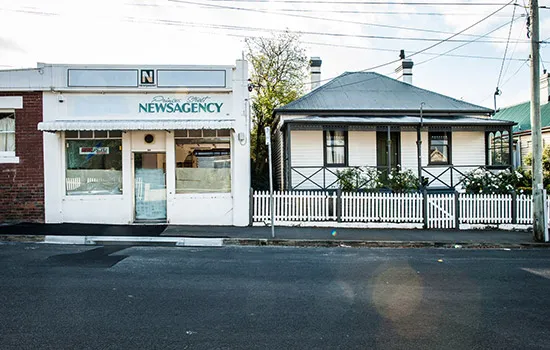Commercial property and residential property are two different types of real estate investments that can provide different advantages and disadvantages to investors. Here, we will explore some of the key differences between the two and the factors that should be considered when choosing between them.
Definition of Commercial and Residential Property
Commercial property refers to real estate that is used for commercial purposes, such as retail stores, office buildings, industrial properties, and warehouses. These properties are generally leased to businesses and other organizations, rather than individuals.
Residential property, on the other hand, refers to real estate that is used for housing purposes. This can include single-family homes, apartments, condos, and townhouses, among others. Residential properties are generally leased to individuals and families.
Income Potential
One of the main differences between commercial and residential properties is the income potential. Commercial properties generally have higher rental income potential compared to residential properties. This is because businesses and organizations are often willing to pay higher rents than individual renters.
Additionally, commercial properties often have longer lease terms, typically ranging from three to ten years. This provides more stability for investors, as they can rely on a steady stream of rental income for a longer period of time.
However, it is important to note that commercial properties also require higher levels of investment and expertise. Investors must have a strong understanding of the local market, as well as the unique needs of commercial tenants.
Residential properties, on the other hand, generally have lower rental income potential. However, they can still provide a steady stream of income, particularly in areas with high demand for rental housing. Residential properties typically have shorter lease terms, ranging from six months to one year. This can provide more flexibility for investors who want to make changes to their portfolio or adjust rents based on market conditions.
Tenant Base
Another key difference between commercial and residential properties is the tenant base. Commercial tenants are typically businesses and organizations, whereas residential tenants are individuals and families.
Commercial tenants often have more complex needs than residential tenants. They may require specialized equipment or infrastructure, such as high-speed internet or loading docks. Additionally, commercial leases often require more negotiation and customization compared to residential leases.
Residential tenants, on the other hand, generally have more straightforward needs. They need a safe and comfortable place to live, with basic amenities such as electricity, water, and heating. This can make residential properties easier to manage and maintain compared to commercial properties.
Risk and Volatility
Commercial properties are generally considered to be more risky than residential properties. This is because they are subject to fluctuations in the business cycle and economic conditions. For example, during a recession, businesses may be less likely to expand or move into new locations, which can lead to higher vacancy rates and lower rental income.
Residential properties are generally less volatile compared to commercial properties. This is because the demand for housing is relatively stable, regardless of economic conditions. Even during a recession, people still need a place to live.
However, residential properties are still subject to risks such as changes in interest rates, property taxes, and market conditions. For example, if a new housing development is built in a previously underserved area, this can lead to increased competition and lower rental income for existing properties.
Management and Maintenance
Commercial properties require more management and maintenance compared to residential properties. This is because commercial tenants often have more complex needs, such as specialized equipment or infrastructure. Additionally, commercial properties often have higher turnover rates compared to residential properties, which can require more effort to find new tenants.
Residential properties are generally easier to manage and maintain compared to commercial properties. This is because residential tenants typically have more straightforward needs, such as basic utilities and amenities. Additionally, residential leases often have less negotiation and customization compared to commercial leases.
Why Investing in Commercial Property is a Smart Move
Higher Returns on Investment
Did you know that you can earn more money by investing in commercial property than residential property? According to CoreLogic RP Data, the average rental return for residential properties in Australia's capital cities is only 3.6%. However, commercial properties can give you anywhere between 8% and 12% gross rental yield. That's a big difference!
Longer Leases
When you rent out a residential property, tenants usually stay for six to 12 months before moving out. But with commercial properties, tenants can stay for three to 10 years. This means you won't have to worry about finding new tenants as often. Plus, tenants are more likely to stay longer if they've invested money in customizing the space to fit their needs.
No Rates and Other Outgoings
If you own a residential property, you're responsible for paying rates like council, water, and body corporate. But with commercial properties, tenants pay these outgoings for you. This means you'll have fewer expenses to worry about and can keep more of your rental income.
Smaller Deposits
Commercial properties are generally less expensive than residential properties. For example, you can buy a car park for as little as $80,000, while a small bed-sitter can cost $400,000. This means you won't need as much money upfront to invest in commercial property. It's a great way to get into the market sooner and start earning rental income.
Investing in commercial property can be a smart move for anyone looking to earn more money and build their wealth. With higher returns on investment, longer leases, and fewer expenses, it's definitely worth considering. 
